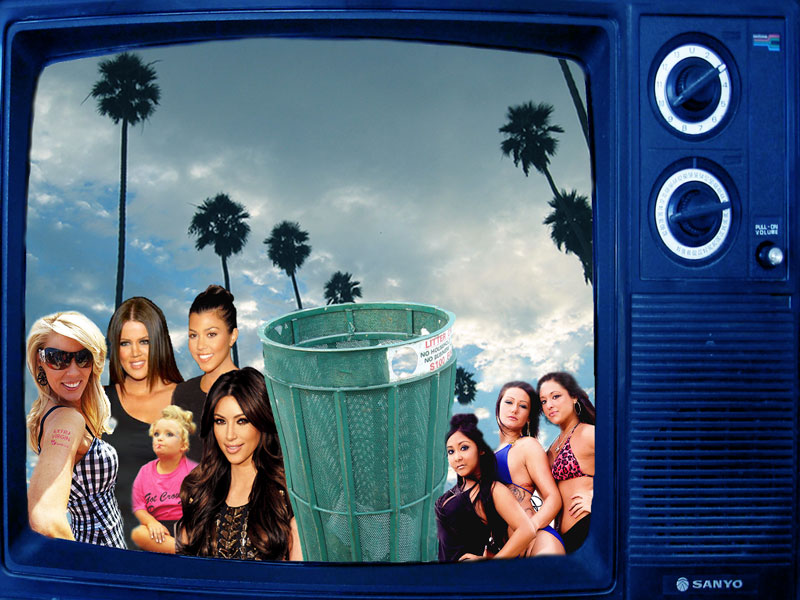CW: This article discusses suicide.
The Jeremy Kyle Show has been cancelled after a participant killed themselves. Now people are wondering why suicides are so common amongst reality TV contestants.
Reality TV is an odd genre. The people participating on it are performing as themselves and there’s supposedly no plot or script, yet it’s not quite accurate to say these shows really reflect reality. Producers often set up scenes, create unrealistic situations, feed lines and/or use heavy editing to advance pre-determined story arcs and present participants as set character archetypes.
Still, people like it. 39 percent of Brits (and half of younger people) say they watch reality TV. Producers love the financial savings that come with not having to pay writers or big-name actors. And its contestants sometimes reap huge benefits. Successful American Idols, Bachelors, Drag Racers and Survivors have launched showbiz careers and made big bucks.
A participant on Love Island, ITV2’s most popular reality show, can expect to earn an average of £1.1 million in the five years after their appearance. That’s over seven times more than the average working Brit will pull in over the same time frame (£148k, if you’re curious).
But there is a growing concern that reality TV causes extreme harm to the people it showcases. Many contestants say actions by the show or the show’s audience resulted in them being vilified, hacked, dumped, ridiculed, fired, harassed, evicted and/or slandered. All this can take a huge toll on their mental health. A worrying amount have ended up taking their own life.
A debate is now brewing about how the producers of reality shows should balance this danger against the above-mentioned benefits. Broadcasters themselves are being uneven in their response. ITV recently cancelled The Jeremy Kyle Show after the suicide of a guest but is pressing ahead with this summer’s series of Love Island, despite two former contestants killing themselves in under a year.
The difference is partially down to audience tastes. Broadcasters need to give people shows they love to keep them tuning in (and being advertised to). Jeremy Kyle was already being watched by fewer and fewer people and being increasingly criticised as ‘poverty porn’ that primarily existed to mock people from lower socio-economic backgrounds. (Although some people say that criticism is just dressed-up snobbery.) Love Island, on the other hand, pulls in three times as many viewers per episode and gets more people applying to be on it than Oxbridge does.
Read our explainer on: cultural institutions.

